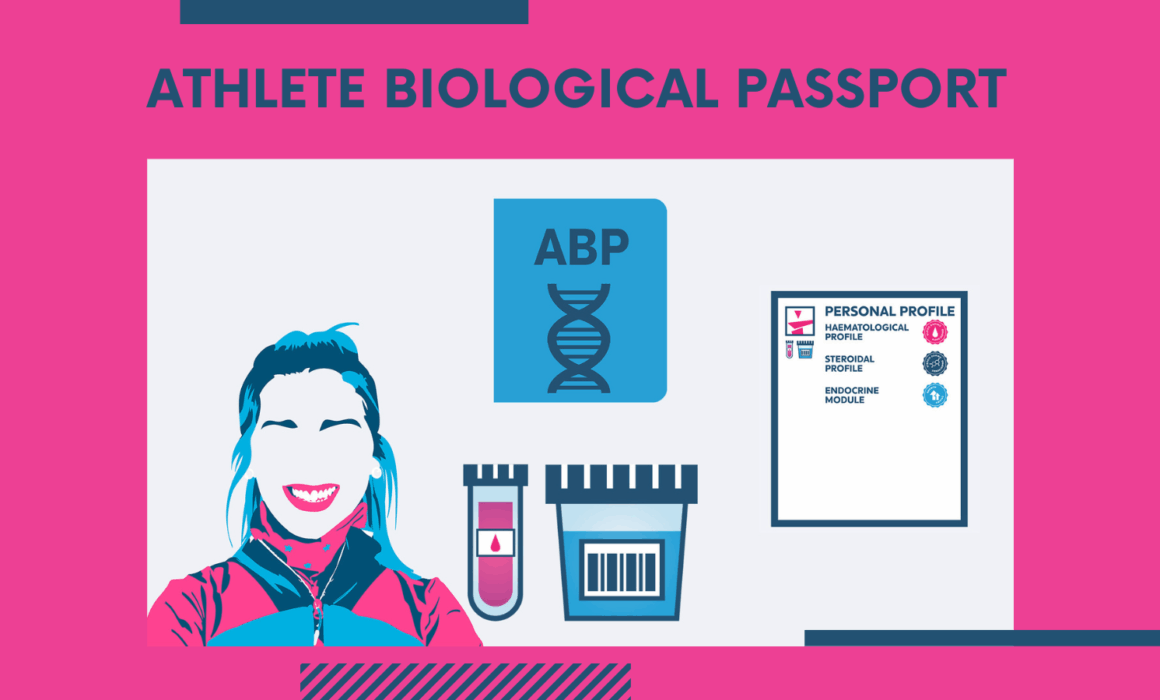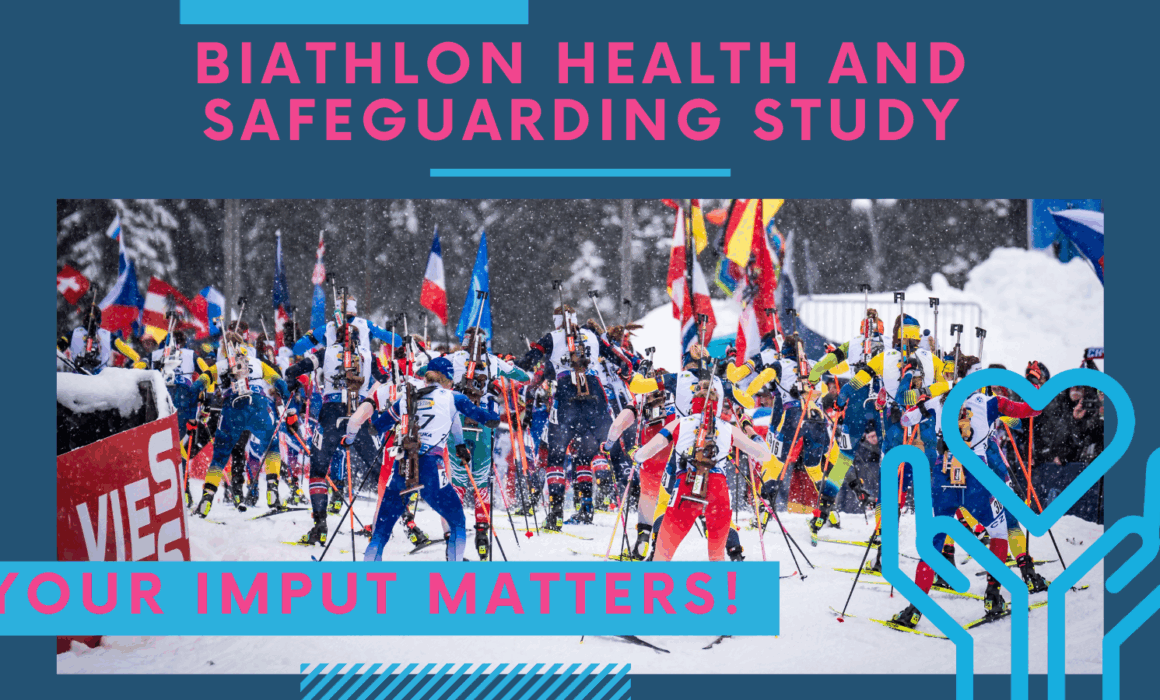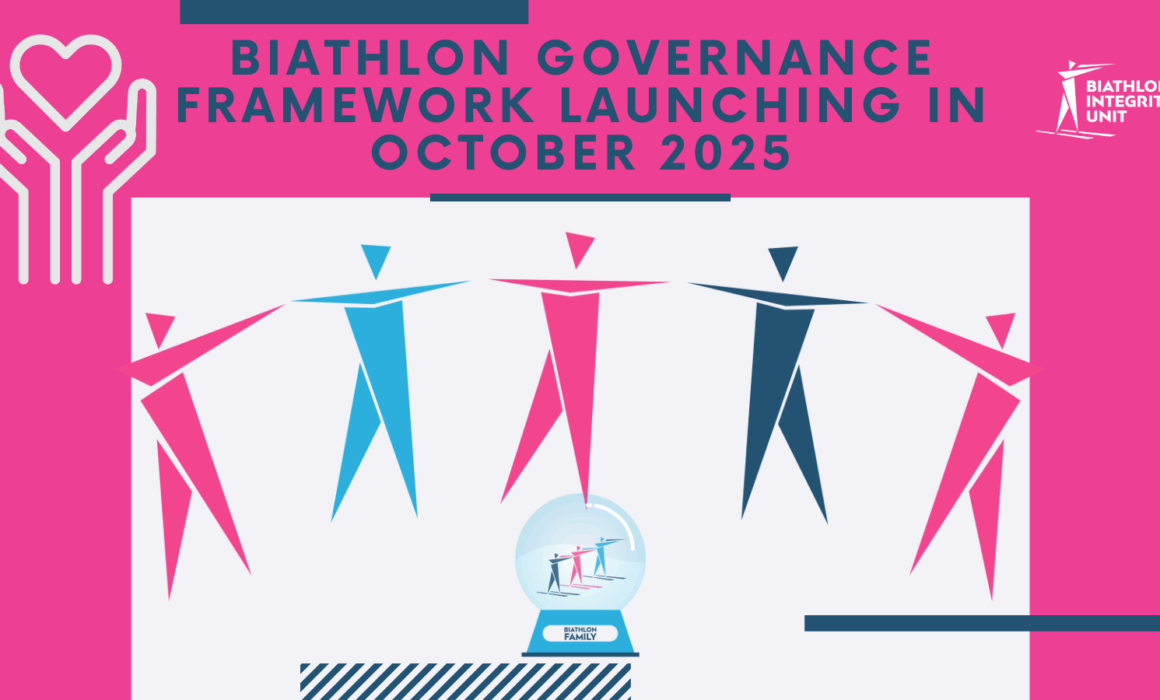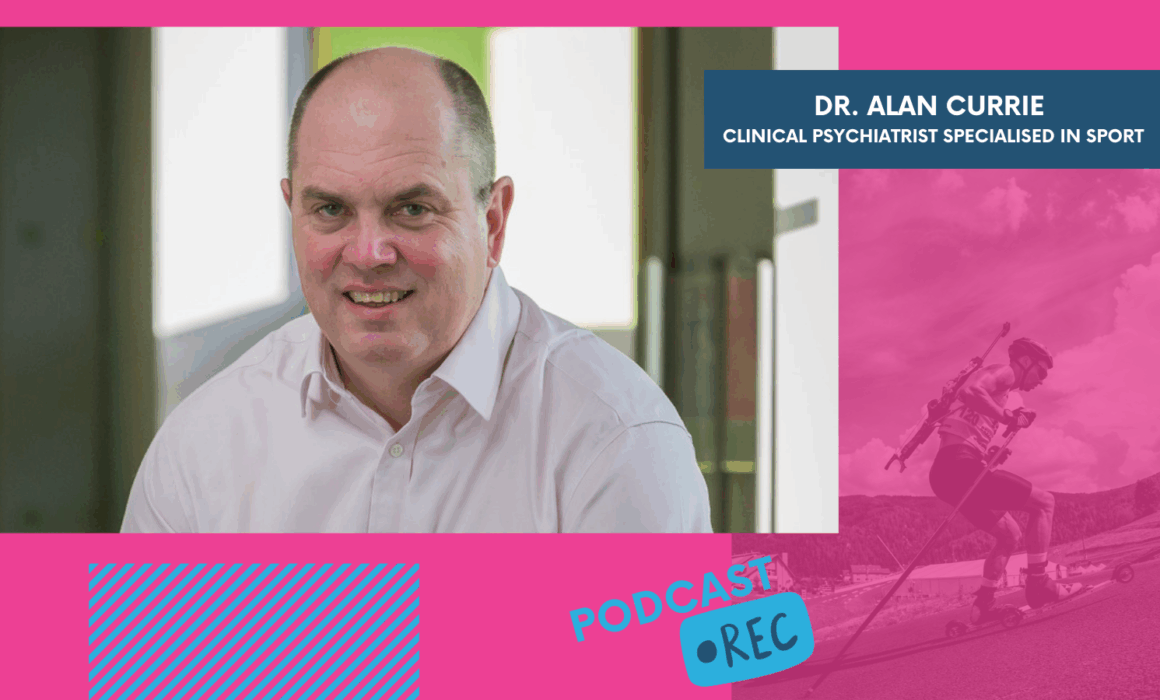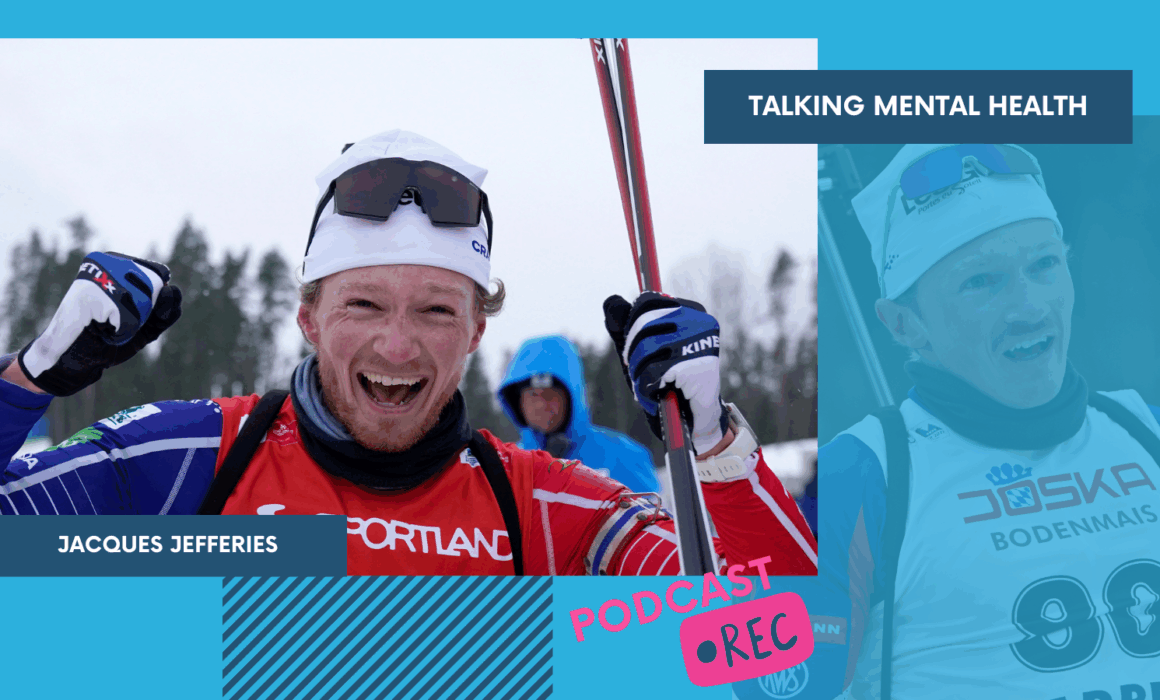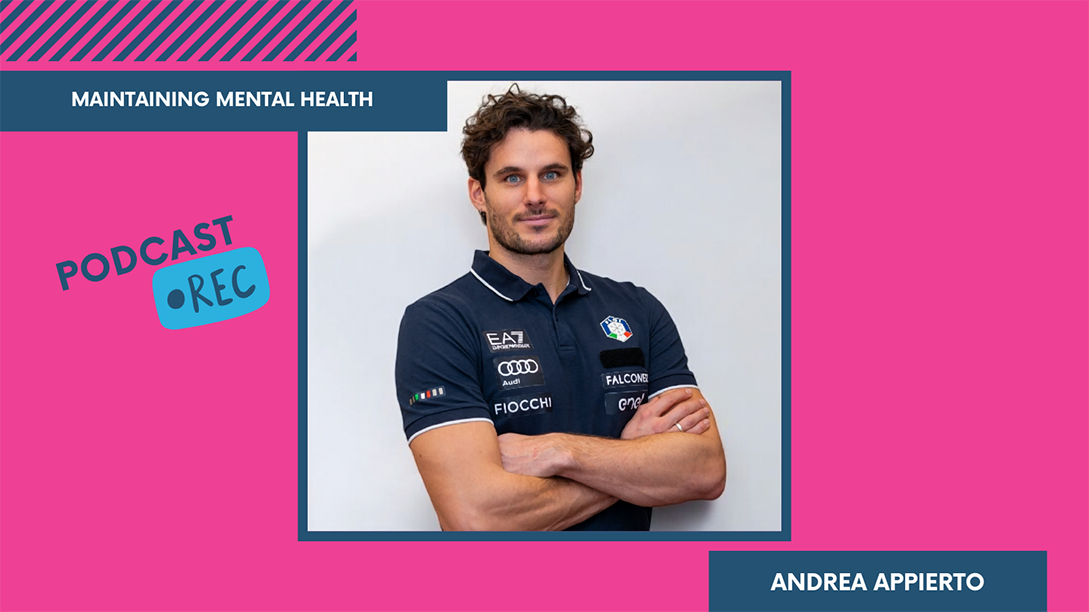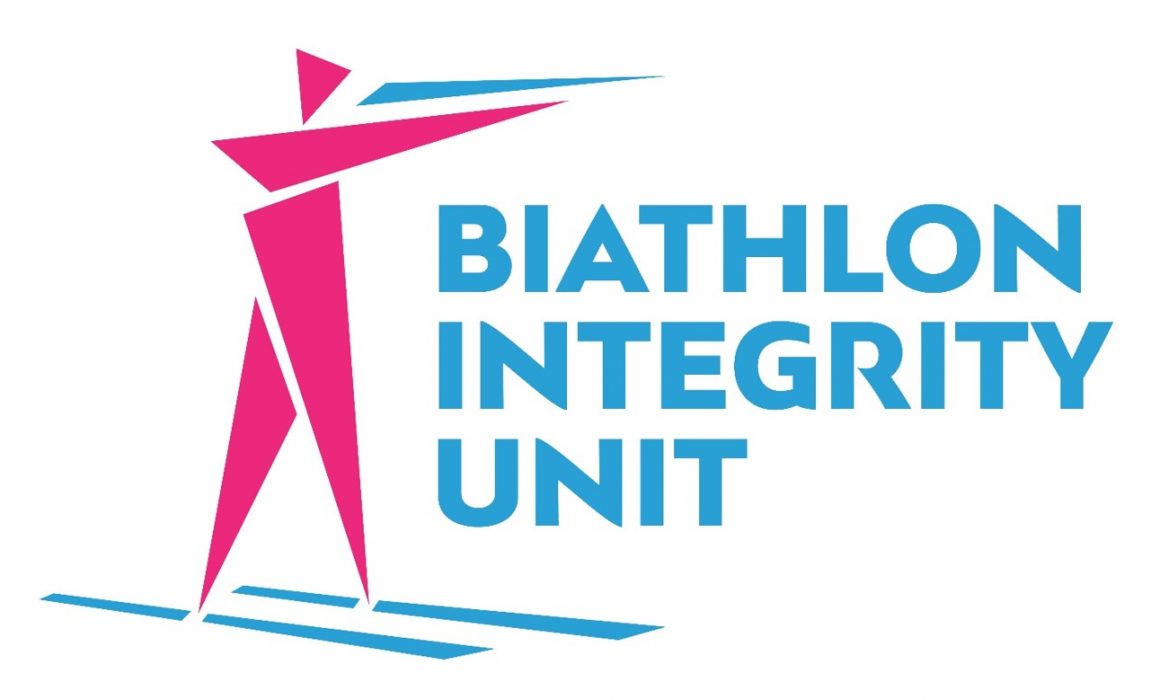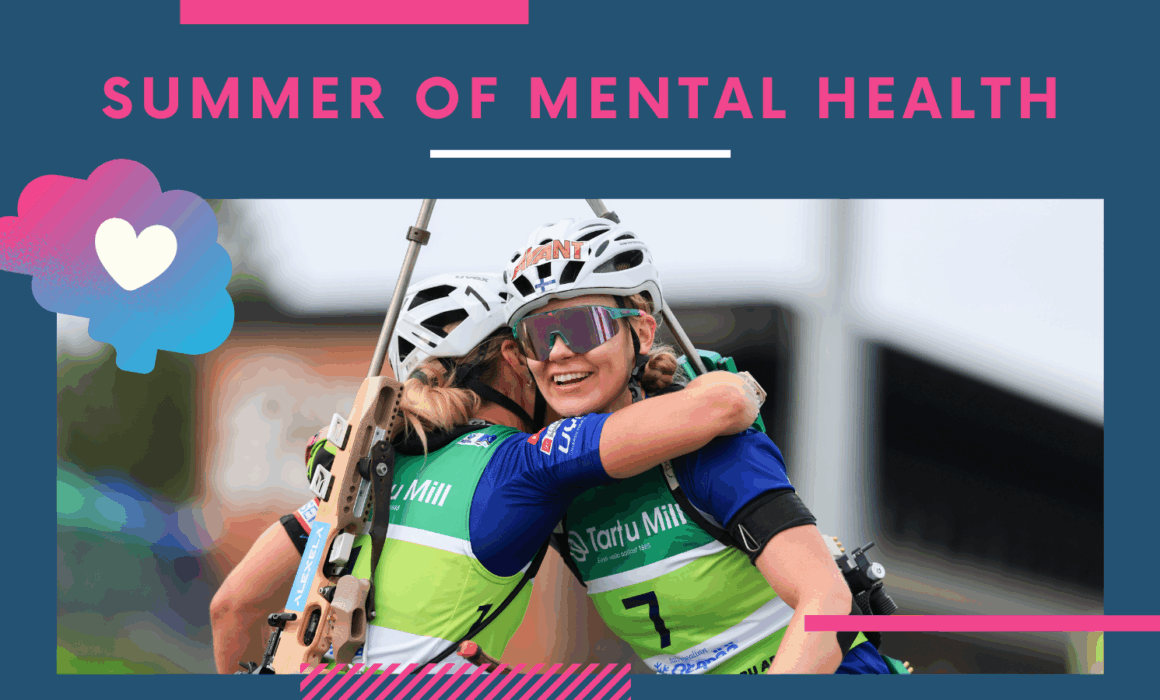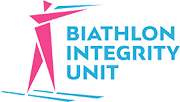What is the ABP?
What is the Athlete Biological Passport, or ABP, and how does it work?
In the BIU’s latest video, Chloe Levins, our Integrity Ambassador, explains that the ABP is a tool used in sports to reveal doping indirectly, by tracking the physiological effects of prohibited substances and/or methods.
Instead of trying to find traces of the drug itself in the athlete’s body, the ABP tracks changes in the athlete’s body over time, by monitoring certain biological parameters.
The ABP has become an important anti-doping tool because the effects of some substances and methods can be detected for longer via these biomarkers than the period in which they linger in the body.
The video further illustrates the process by which athletes’ urine and blood samples are used to create a personal profile.
If a panel of up to three independent experts agrees that the only possible explanation for an abnormality in an athlete’s profile is the use of a prohibited substance or method, the athlete can be sanctioned.
Importantly, it’s not necessary for the athlete to have tested positive.
Athletes need not be concerned that giving a sample for the blood passport will affect their performance, because the amount of blood collected is small: the equivalent of about one tablespoon.
Summarising, Chloe says that the ABP is like a biological fingerprint that helps experts spot unusual patterns that suggest cheating – even if a doping substance itself isn’t found.
The APB alone can’t replace traditional doping testing. But it’s one more important way of helping to keep our sport clean!
To view the video, click here.

